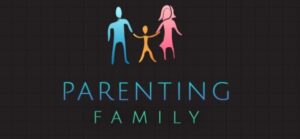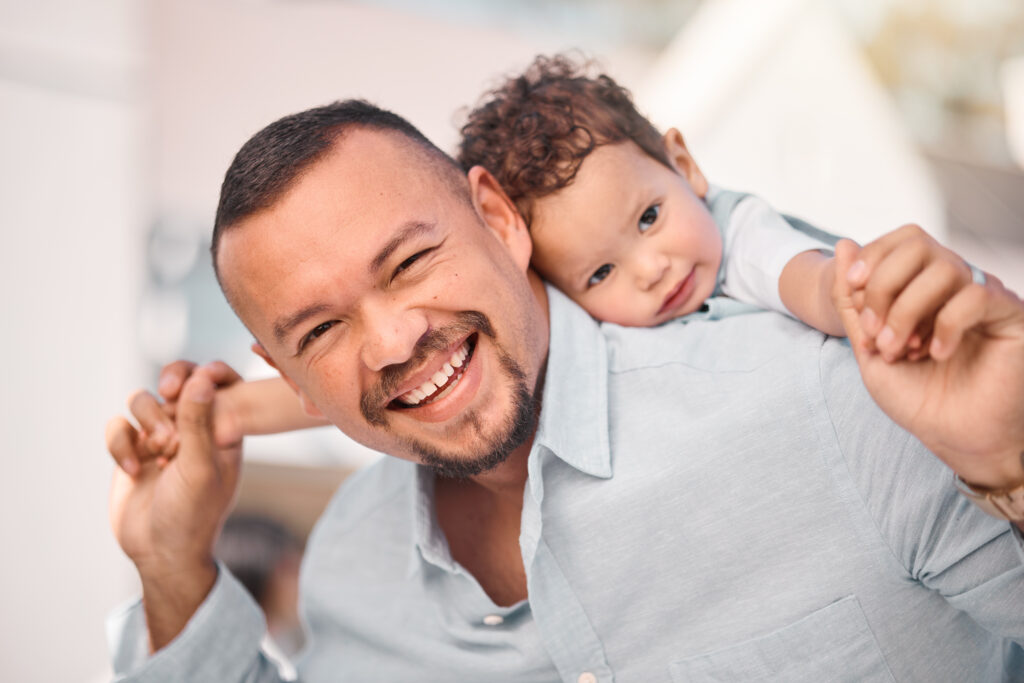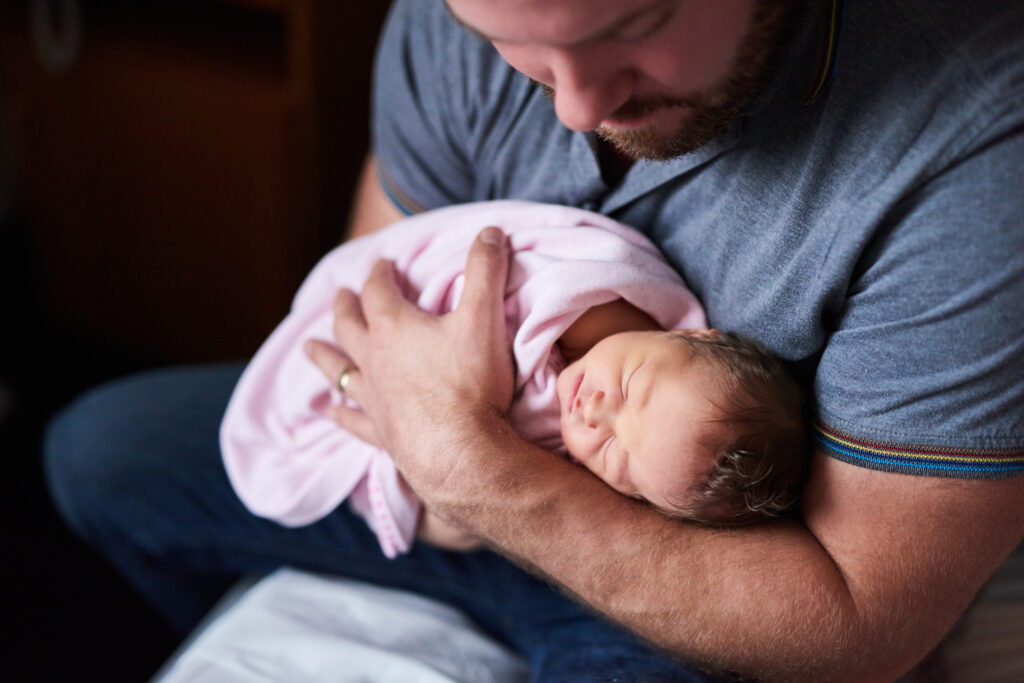Father Yelling at Son
Fathers yelling at sons create very disturbing long lasting effects on the personality development of a child. Being parents it is normal to keep a check on your children and mark the boundaries for discipline when needed. However, when it becomes a normal thing at home, that father yells at the children, it is possible they develop long lasting effects. Sons usually follow the father’s tract and a healthy bond between fathers and sons might disturb the natural beauty of this relationship.
A son learns a lot from father. It is obvious that father is more near to son and like old Englishmen fathers, sons should join hunting with their fathers as well. But when the fathers are actually disturbed and frustrated their yelling can cause serious drawbacks in the child’s personality.
7 Effect of Father Yelling on Child’s Personality
Here are some major changes that can appear in a son’s development and personalities when he turns into an adult.

1. Fear and anxiety
Fathers who scream extremely at their sons in early stages of life, might cause disturbed growth due to extreme anxiety and fear in a child’s development. Being fragile in the beginning, it is more likely that such kids always fear as adults when someone ever tries to dominate them. This fear and anxiety can be used by anyone in their coming life to exploit them. Loud voices and yelling are not only irritating but also it shatter the child’s personality. Whenever they hear a loud voice in later life, they get frightened and usually, such sons are coward adults.
2. Gap between father and son relationship:
Such an attitude of a father towards his kid, creates a huge gap between father and son. Sons would not be able to share anything with their fathers that bothered them. Either it is a problem arising in life or any kind of harassment, such kids are the ones who suffer a lot. Just because they fear their father will shout at them, they keep hiding their mistakes and even are too afraid to share things that can include harassment and bullying too.
This gap can only be covered by fathers by decreasing their pitch. Yelling can create behavioural problems, most important of which is phobias and Borderline Personality disorders. Sons need to be understood and the communication related to puberty, taking responsibility, financial situations and man to man talk can solve a great deal of queries.
3. Broken indecisive Partners:
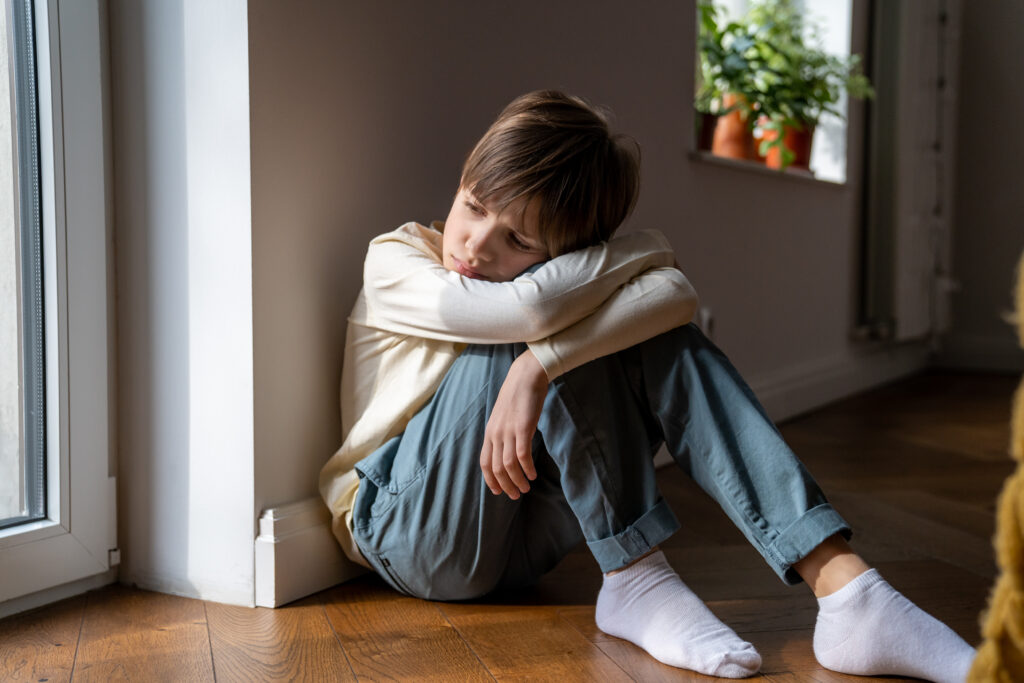
Kids who have abusive parents, especially fathers who yell and speak harshly to them, are broken partners who cannot make decisions on their own. They might fear the over controlling father, and later when they are independent, their self-confidence and self-respect is shared. They have phobias and might prove very weak husbands. Such partners can be toxic too, and if they have narcissistic wives as partners, such husbands are very terribly tortured. Their ability to make decisions is destroyed and they rarely can confidently take a risk. Life is difficult for such males.
4. Poor Emotional Regulation:
Emotional disturbances are common for such kids who are unable to figure out their situation of yelling. When a father yells at a kid, the sympathetic system activates. Rather than thinking behind the cause of the emotional disturbance, the son might be activating the response mechanisms and this triggers aggression, trauma and other psychological defects. This pathway once disturbed in initial phases of life, disturbs the whole natural flora throughout the life, deepening the marks of trauma effects, hence a permanent imprinting of aggression and frustration.
5. Trauma and aggression:
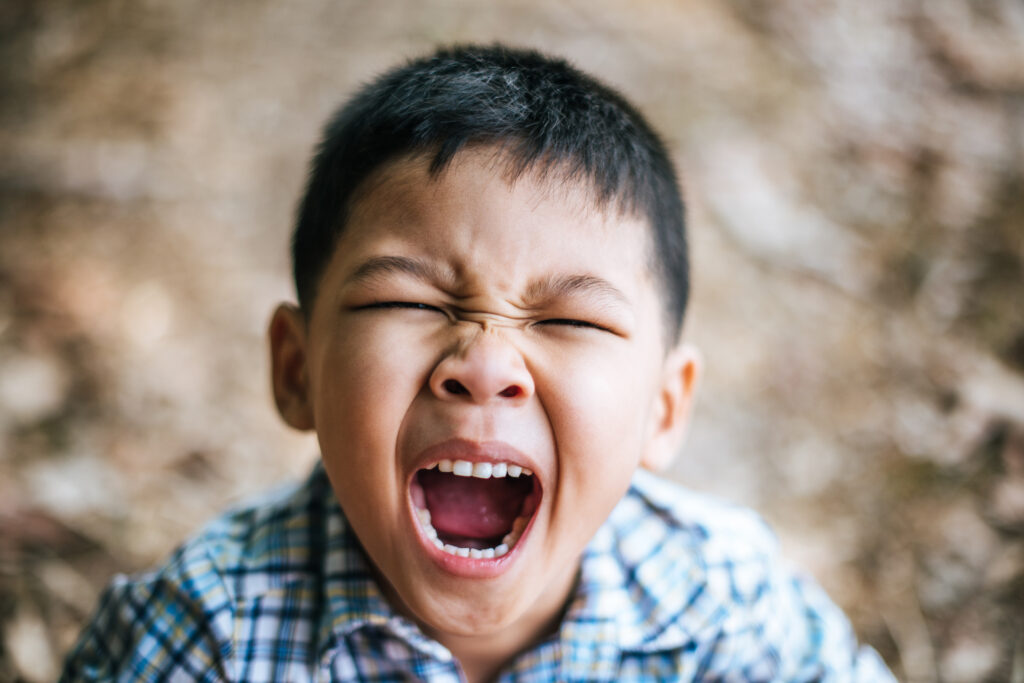
When the sympathetic system does not find a system to channel out the extreme aggression in response to the stimulus i.e yelling of the father, the son’s aggression is suppressed. Suppressed emotions fiercely disturbs the normal functioning of the child. Even when the stimulus of yelling is removed, the triggered mechanism of trauma is a prolonged effect. Parents might neglect this as a normal practice, but in actual fact it is not under the child’s control.
Instead the suppressed aggression can be like a volcano. It takes time to develop, but once its eruption starts it cannot be easily controlled.
6. Trauma gradually develops hate:
When the emotions are not channeled, the gap between father and a son does not allow expressing feelings of what is going on in the child’s head, eventually hate starts to accumulate. Normally the myths regarding patience explain that patience is quietly swallowing and suppressing your feelings, but reality is completely against it. Patience means letting the anger go. However, aggression needed to be channelised in a normal manner.
It can be through many ways, either with respectable communication on the table, with what bothered you, or converting it into some form of art i.e writing, painting, sketching, gardening etc. As in the relationship between a son and a yelling father, when communication is not possible, the suppression of aggression disturbs the child and at this early stage, expression through art is not known. Thus the accumulation of frustration with several triggers start developing as a hate and incomplete human within the thought matrix of a son. This is the reason kids when grown up develop severe levels of hate for parents, usually fathers.
7. Avoiding Father even when the Father is trying to show love:
Once an emotional scar is developed, it is very difficult to be washed off. Especially in families where father has a nature to explode on every small inconvenience. No matter how much the father loves his child, a scar cannot be undone. Such sons intentionally avoid their fathers to a very dangerous level, even preferring to run away rather than living in a family environment. Sensitive sons might be very difficult to manage and are vulnerable to a small change in tone. They cannot get rid of emotional disturbances and hate their fathers. No matter how much loving a father is, the son will never gather courage to stay at home in his father’s presence!
